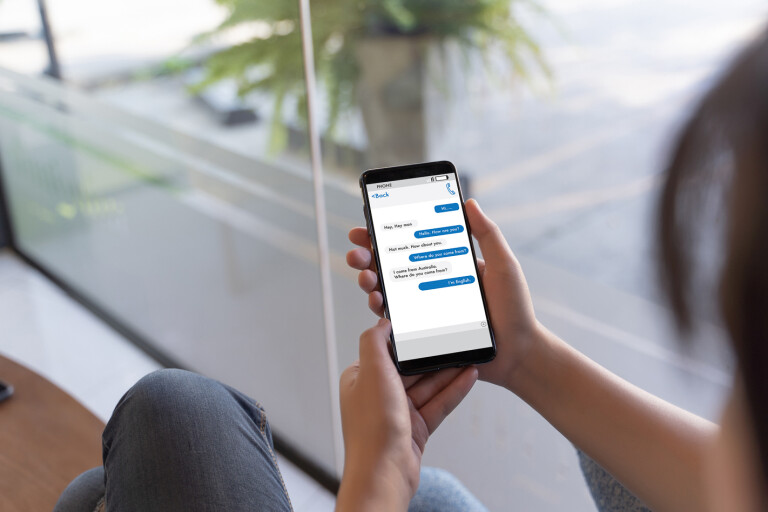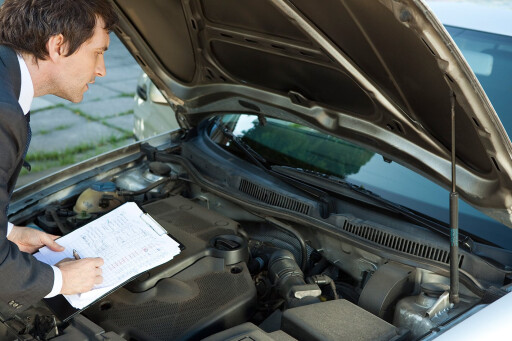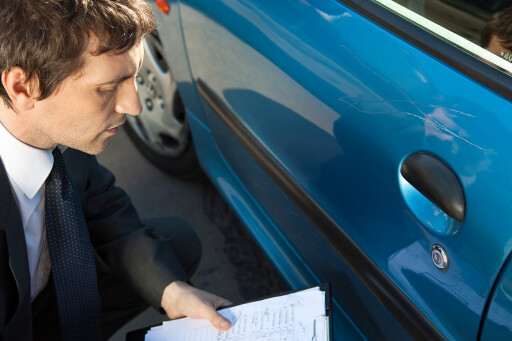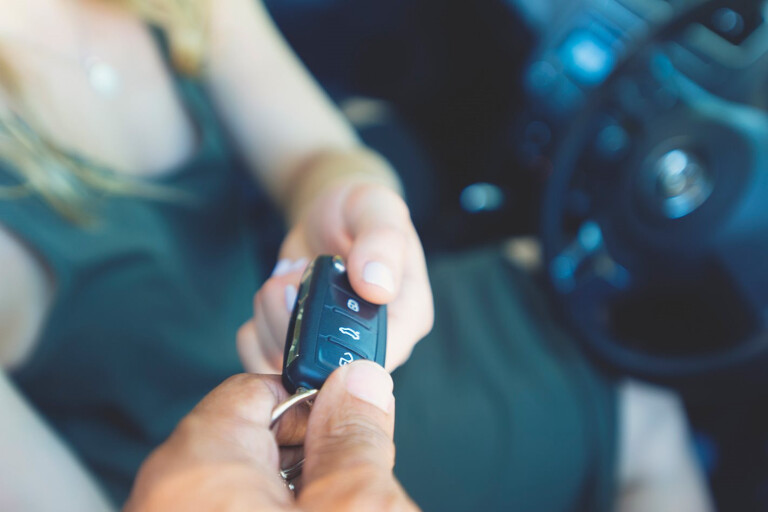
Let’s face it: selling a used car is one of life’s less exciting moments.
From preparing the car for sale, to listing it online and then subsequently dealing with prospective buyers: the experience is – more often than not – not only time-consuming but can be downright frustrating too.

Dealing with prospective buyers can be a real pain - they're impatient, can be rude, demanding and can even be sketchy. But at the end of the day, you both want the same thing: a fair and amicable deal.
Here are some handy hints at how best to manage expectations of prospective buyers for when selling a car.
1. Dealing with enquiries
After the first few enquiries, you should start to notice a pattern of questioning being asked about the car.
Do yourself a favour by saving a list of responses in your phone or on your computer that you can quickly cut and paste to address similar leads.

Have patience when communicating with a potential buyer. They don’t know that you’ve had the same conversation over and over again. Don’t take out your frustrations on them as it might sour the experience and in turn, they could get scared away.
You should be across all types of communication when selling your car, accepting enquiries via text message, phone call or by email. Try not to pressure people into communication via one specific type, it might limit the number of leads you receive.
Always keep your identity safe by revealing only what is necessary.
Make sure to disclose specific details about the condition and details about the car especially if the potential buyers ask about it and doubly so if they live far away. It’s better to be up-front about the car rather than lead someone on, as they’ll get angry having wasted their time if they find out the truth.
Keep your options open even if you’ve organised an in-person inspection with someone else. You never know if someone is going to buy a car unless they lay down a deposit so make sure you keep in contact with other buyers – even if you think you’re going to get a sale.
2. The in-person inspection
 Do your best to position the car in an open space that has good lighting. Don’t try to hide away dings and scratches under the cover of darkness.
Do your best to position the car in an open space that has good lighting. Don’t try to hide away dings and scratches under the cover of darkness.
Have all service books, manuals and literature that comes with the car handy when showing someone the car.
Be friendly and attentive. Put your best foot forward and give a good impression that the car has come from a good home and that could subconsciously improve the chances of a sale.
 Weigh up the pros and cons of showing the car on your own property against displaying it in a public space.
Weigh up the pros and cons of showing the car on your own property against displaying it in a public space.
On the one hand, you could have concerns about your identity and safety by having the inspection at your house. On the other hand, you could like you're trying to hide something or preventing recourse if showing away from home.
3. The test drive
The test drive is a concerning but important part of the selling process. You should always offer up a short drive to those who ask unless the car isn’t in roadworthy condition.

Always request that they hand over their driver’s licence when handing over the keys to your car. It gives you a bit of insurance in the sense that you have the driver’s details should they run off with the car or damage it while on a drive.
You should also insist on being in the car at the time of the test drive. Not only is it important for keeping potential buyers honest when driving someone else’s car, but you can also answer any questions they have while on the drive.
Make sure your insurance covers the potential buyer in the case of an accident. It might be tempting to overlook such a quick drive but you could have little or no recourse if something goes wrong and they damage your car.
4. Negotiating a deal
Be upfront about what kind of deal you’re looking for and make sure the buyer knows about all inclusions, like extra parts or tools.
Don’t feel pressured into doing a deal on the spot. You have control about the sale so only accept if the conditions are right.

Make it known to the buyer if they have to get a roadworthy certificate for themselves. Manage expectations about how the deal is going to be done. You have the power to accept payment in any form you want.
For more information on which type of payment is best, read our explainer about how to pay for / accept payment for a used car.
COMMENTS